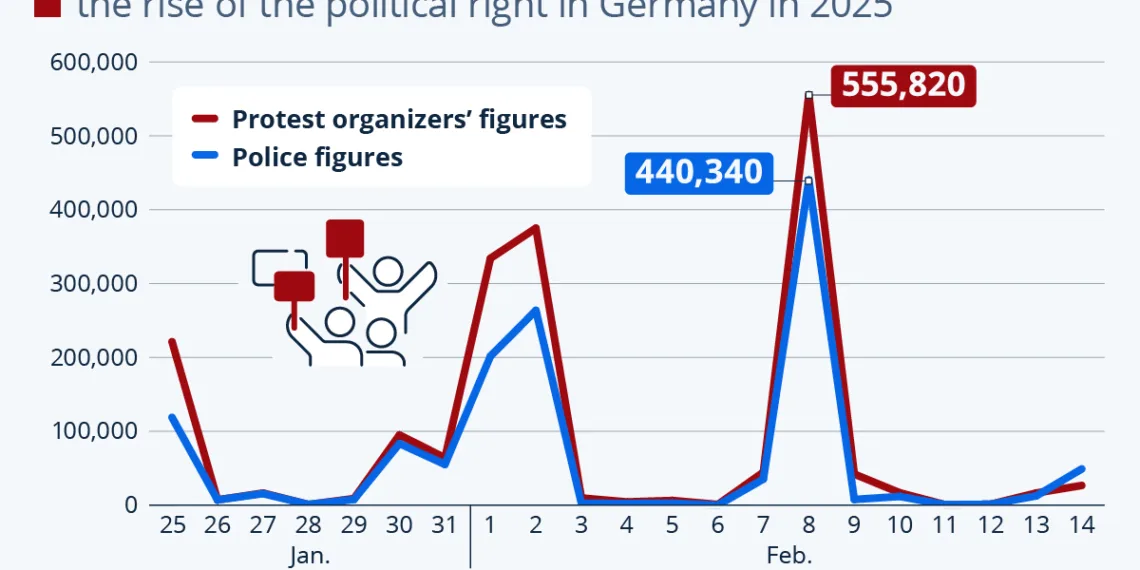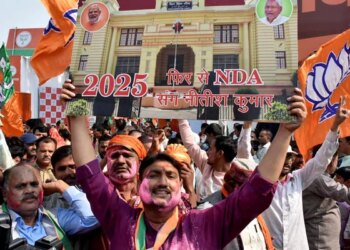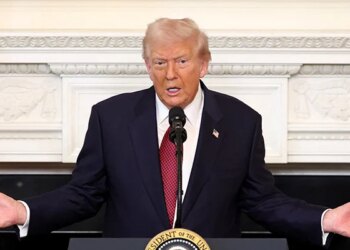Select Language:
Protests Against the Far-Right in Germany: A Massive Mobilization
The political landscape in Germany has seen significant turmoil, prompting a wave of public protests. In a striking demonstration of civic engagement, over 1.3 million individuals have come together to protest against the rise of far-right ideologies since January 25. This massive mobilization reflects deep-seated concerns regarding right-wing extremism, racism, and the socio-political impact of policies proposed by parties such as the Alternative for Germany (AfD) and the Christian Democratic Union/Christian Social Union (CDU/CSU).
Understanding the Context of the Protests
The protests have emerged as a response to various pressing issues in German society. The demonstrations are not merely a reaction to isolated incidents but represent a broader unease with the trajectory of politics in the nation. Key driving factors include:
-
Remembrance and Resistance: The protests coincided with commemorative events marking the liberation of Auschwitz, serving as a poignant reminder of the consequences of unchecked extremism. This significant date underscores the historical context in which these movements are taking place.
-
Opposition to Right-Wing Extremism: The demonstrations have crystallized as an opposition to rising far-right sentiments which many citizens fear could undermine the democratic fabric of the nation.
ADVERTISEMENT - Critique of Migration Policies: Protests specifically target the CDU/CSU’s proposed migration plans, which include stringent measures like permanent border controls. Many citizens view these proposals as regressive and detrimental to Germany’s reputation as a welcoming nation.
Key Protest Events and Organizers
Using an online tracker by DemokraTEAM, the reported 1.3 million participants are said to have engaged in various demonstrations across the country. Notably, organizers have indicated that actual participation may exceed 1.8 million. The discrepancies in numbers highlight the grassroots nature of these protests, where many events occur without official headcounts or centralized reporting.
Major Protests
-
Liberation of Auschwitz Commemorations: Events held in honor of Holocaust survivors and the memory of those lost serve as a catalyst for gathering solidarity against the rise of anti-Semitism and xenophobia.
-
Demonstrations Against AfD Policies: Public rallies targeting the policies of the AfD have drawn significant crowds, reflecting a collective refusal to tolerate hate speech and discriminatory policies.
- Resistance to CDU/CSU Migration Proposals: As conversations around border control intensify, citizens have mobilized to voice their opposition to these proposed migration restrictions, advocating for human rights and dignity.
The Role of Civil Society in the Protests
These protests have been driven not just by discontent but also by a strong sense of community and collective action. Various civil society organizations, grassroots movements, and local activist groups have played a crucial role in organizing and promoting these events. Their efforts have been vital in ensuring that the message of tolerance, inclusivity, and democracy resonates throughout the German populace.
-
Community Engagement: Many of the protests have encouraged diverse participation from all walks of life, bringing together an array of cultural, ethnic, and political backgrounds. This inclusivity is key to fostering a unified front against extremism.
- Social Media Mobilization: The role of social media in organizing and disseminating information about protest events cannot be understated. Platforms have enabled rapid communication among diverse groups, establishing networks of solidarity that span across the country.
Future Implications of the Protests
The significant turnout at these protests signals a growing awareness and activism among citizens regarding their political landscape. This grassroots movement has the potential to influence future political discourse and policy-making in Germany. Observers are keenly watching whether this wave of civic engagement will translate into tangible changes in governmental approaches to immigration, social justice, and the fight against far-right extremism.
Conclusion
(The conclusion will summarize the trends and implications of the protests, drawing insights about the future of political activism in Germany.)






